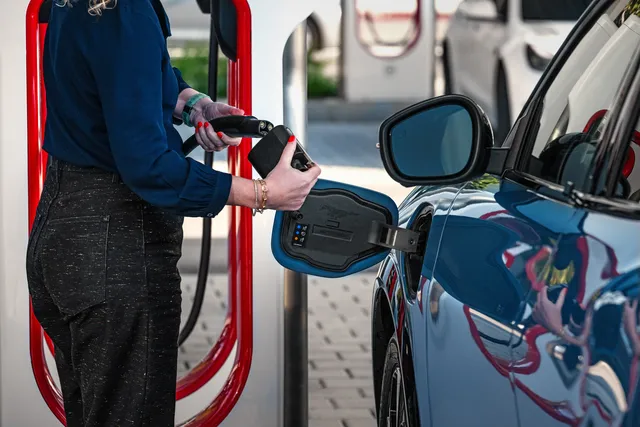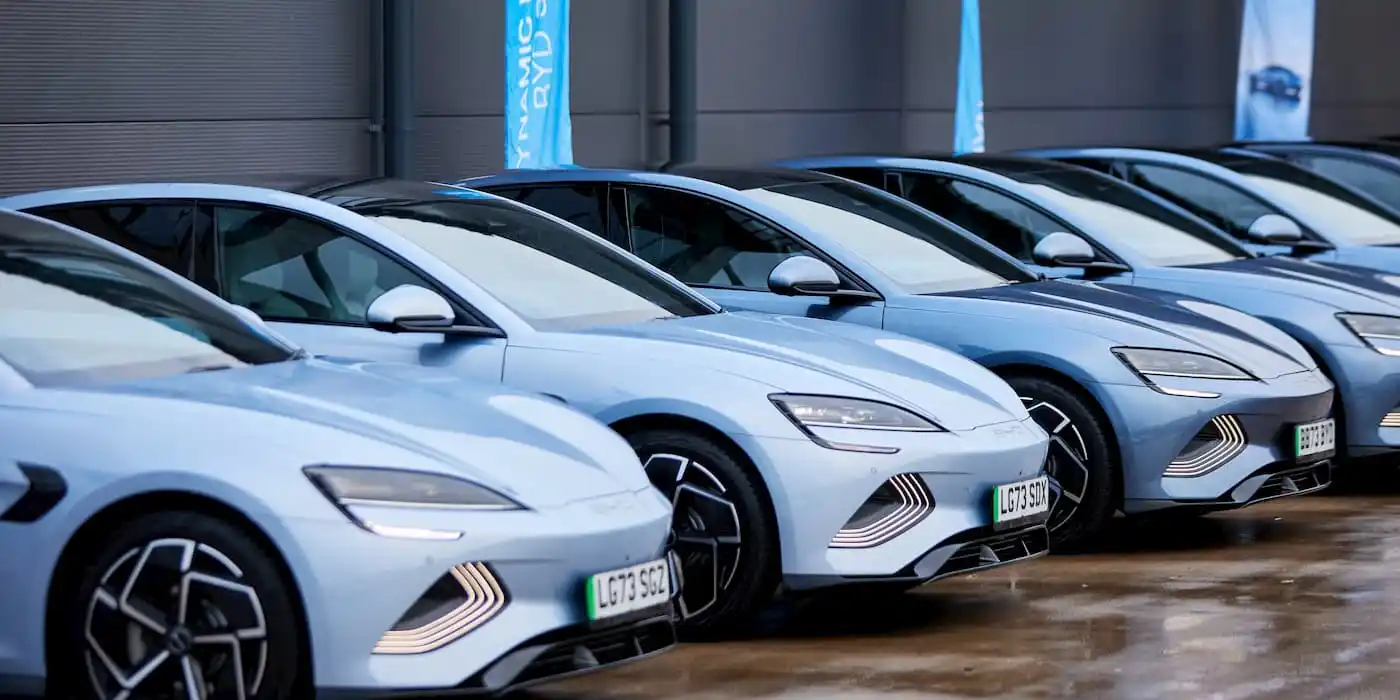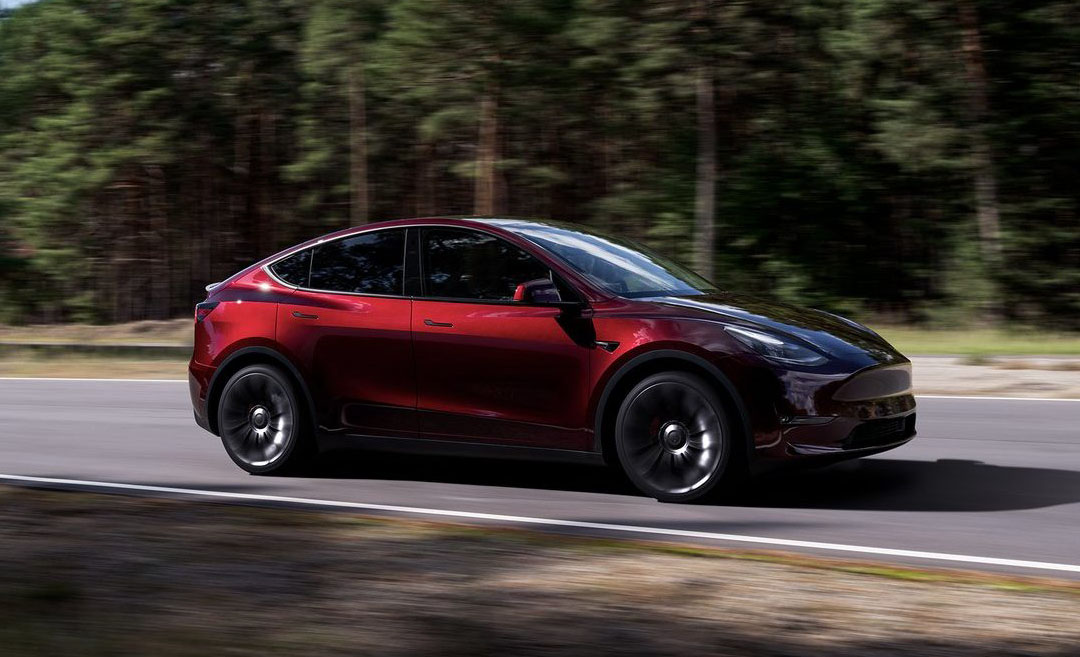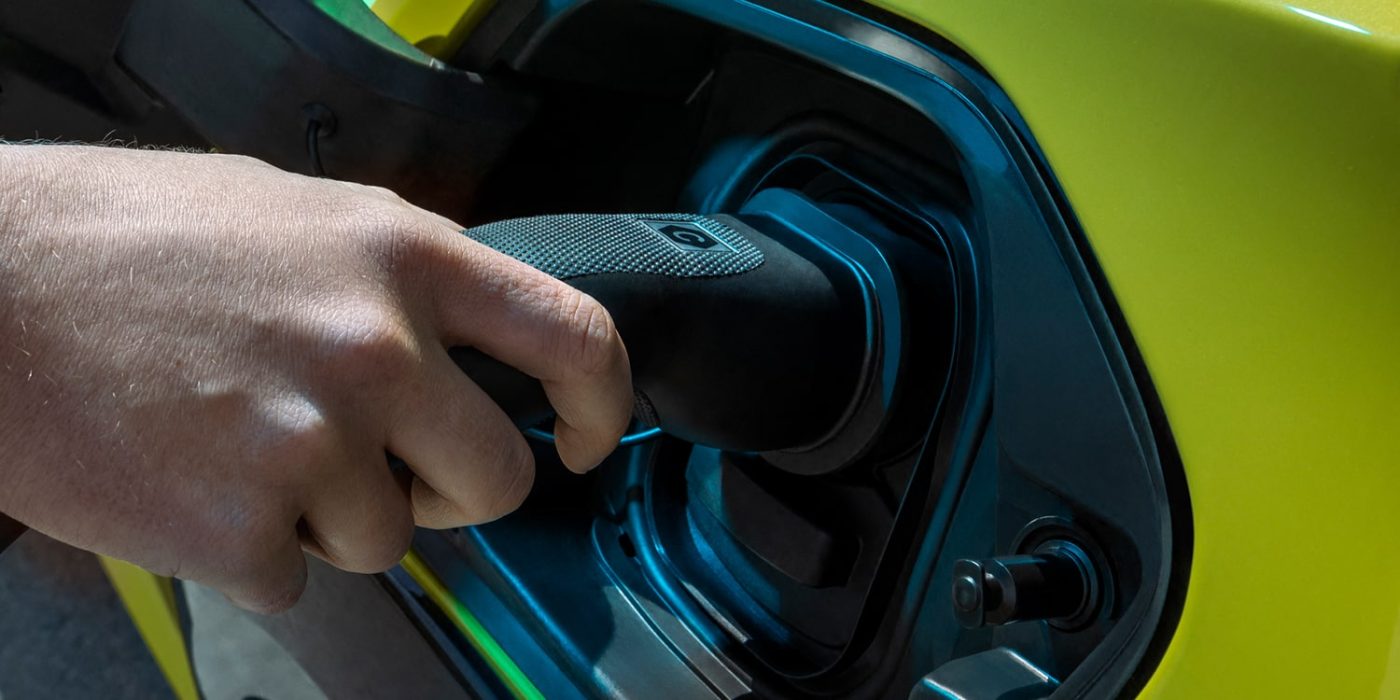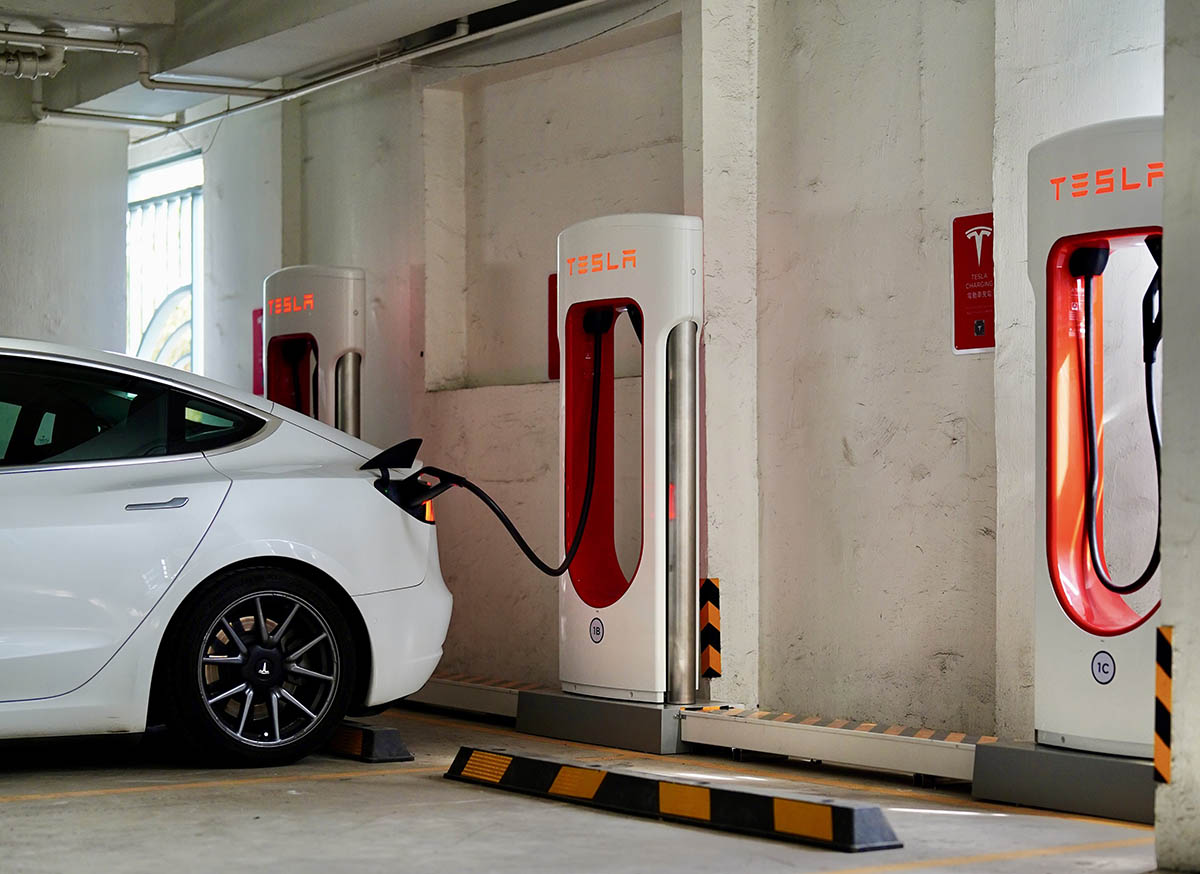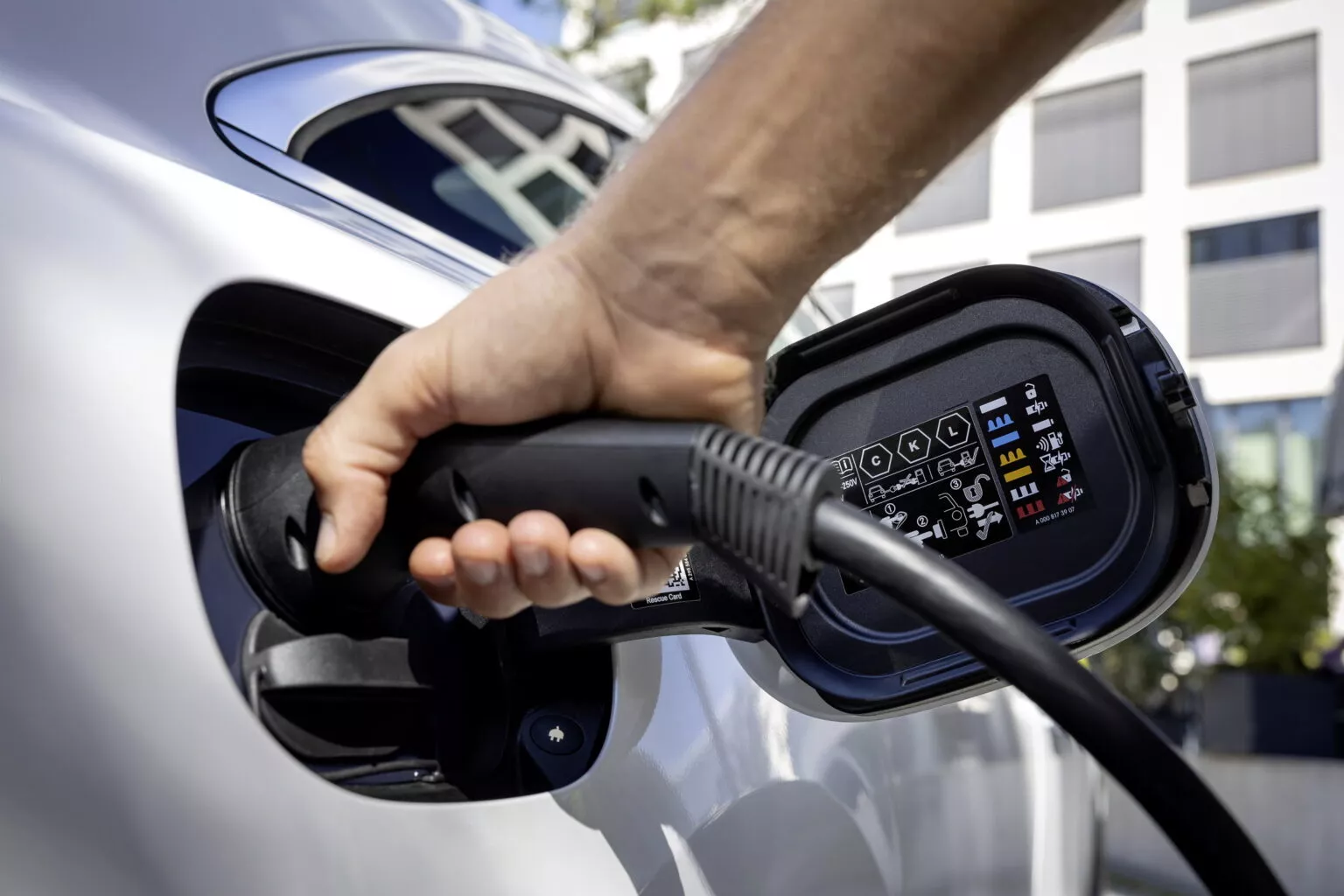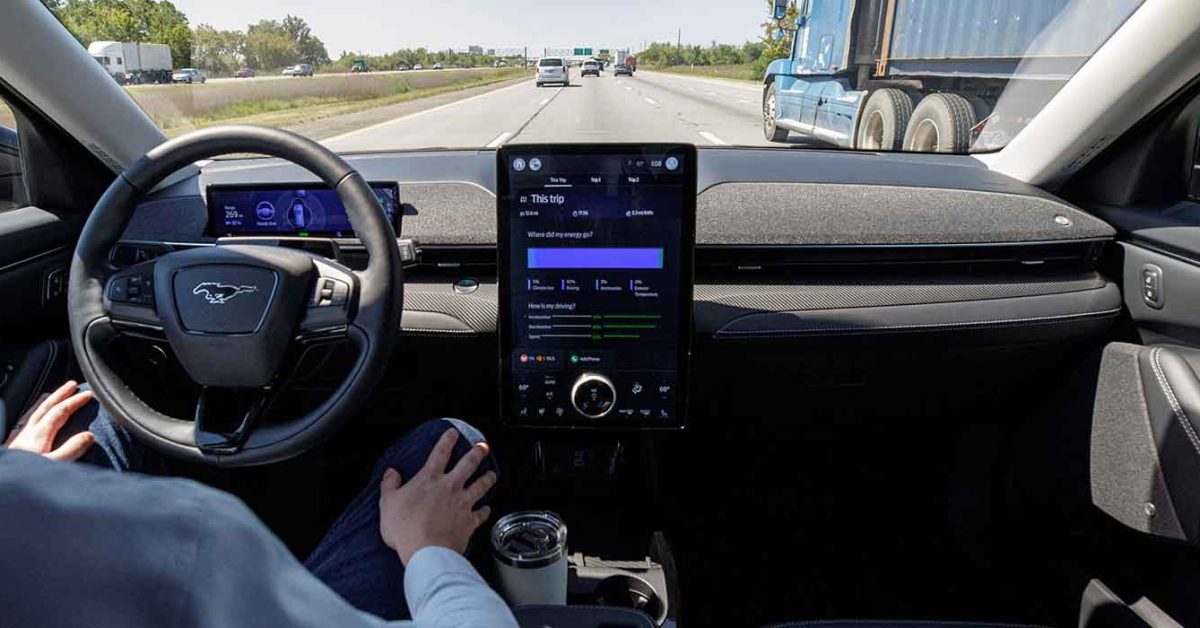Despite advancements in electric vehicle (EV) technology and increasing efforts by automakers to promote sustainable transportation, a recent study by KPMG revealed that Americans still favor traditional gas-powered vehicles over hybrids or electric models, even when offered at the same price and with similar features.
The study, part of KPMG’s American Perspectives Survey, surveyed 1,100 U.S. adults nationwide and found that only one-fifth of respondents said they would choose an EV over a gas-powered or hybrid vehicle. This preference for gas vehicles highlights a significant gap in consumer behavior compared to the industry’s push for electric mobility.
The findings come at a time when global demand for electric vehicles is slowing down, leading major automakers like Ford, General Motors, and Mercedes to reassess their EV strategies. Despite efforts to promote EV adoption, including incentives and infrastructure development, consumer preference for gas vehicles remains strong in the U.S.
The study also revealed differing expectations between U.S. consumers and auto industry executives regarding EV charging times. While 60% of consumers prefer charging times of 20 minutes or less for road trips, only 41% of auto executives believe consumers are willing to wait longer. This disparity suggests a need for greater alignment between consumer preferences and industry offerings in the EV market.
See also: Electric Vehicle Owners Voice Range Anxiety Concerns, Yet Remain Committed to EVs, Study Finds
Furthermore, the study found that consumers are less likely to pay for self-driving features and entertainment in vehicles compared to safety features, Wi-Fi connectivity, and charging locator services. This indicates a shifting focus among consumers towards practical and essential features rather than luxury or entertainment-related offerings.
Overall, the KPMG study highlights the ongoing challenges faced by automakers in promoting EV adoption in the U.S. market, underscoring the importance of understanding and addressing consumer preferences to drive future growth in the electric vehicle sector.

